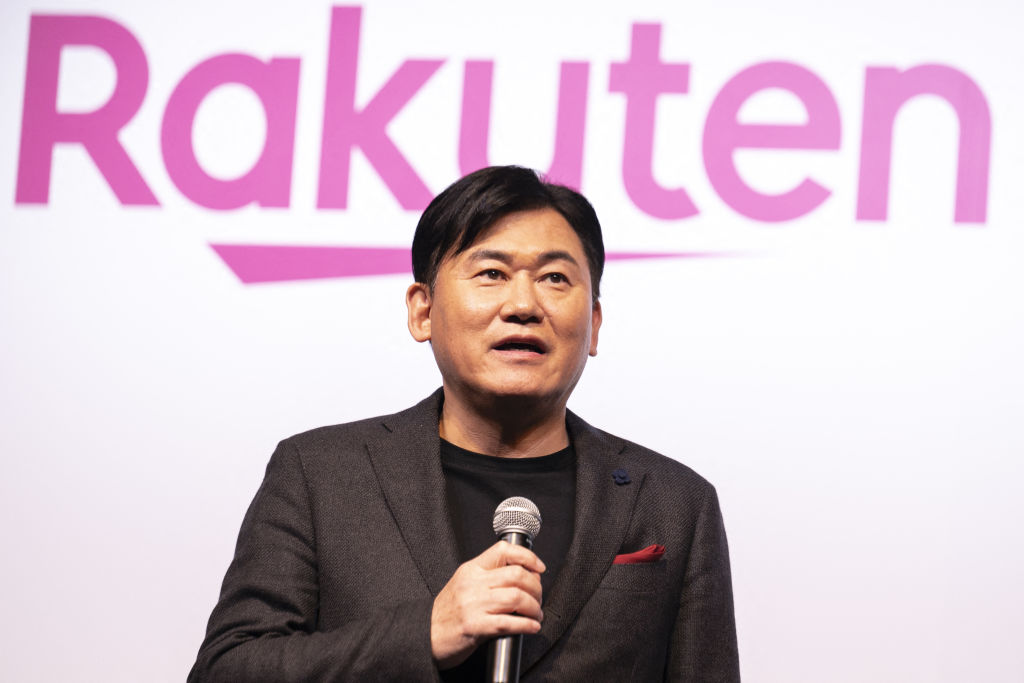Rakuten Group Inc., a leading Japanese e-commerce conglomerate, has faced significant financial challenges due to its foray into the highly competitive mobile telecommunications sector. The company's mobile division has reported consecutive losses over the past four years, raising concerns among investors and industry analysts. Despite these setbacks, CEO Hiroshi Mikitani remains steadfast in his belief that the mobile segment is crucial for Rakuten's future growth, particularly through the integration of artificial intelligence (AI) technologies.
In the first quarter of 2024, Rakuten reported an operating loss of ¥33.3 billion (approximately $213 million), primarily attributed to the underperformance of its mobile unit. This marked the company's 15th consecutive quarterly loss, underscoring the financial strain imposed by its telecommunications venture.
The cumulative losses have prompted Rakuten to explore strategic avenues to offset these deficits and revitalize its financial standing.Central to Rakuten's recovery strategy is a substantial investment in AI. The company plans to launch an AI assistant designed to function as a shopping and travel agent, enhancing user experience and engagement across its platforms.
To spearhead this initiative, Rakuten has appointed Ting Cai, a former expert from Google Maps, to lead its AI development efforts. This move signifies Rakuten's commitment to integrating advanced AI capabilities to bolster its e-commerce and financial services.CEO Hiroshi Mikitani emphasizes that the data amassed from over 8 million mobile subscribers is instrumental in training and refining Rakuten's AI systems. He asserts that this data-driven approach will not only enhance the company's AI offerings but also create synergies across its diverse business units, including e-commerce, fintech, and telecommunications. Mikitani envisions Rakuten's AI as a specialized, vertically integrated system tailored to meet the unique needs of its user base, distinguishing it from generalized AI models developed by industry giants like OpenAI and Google.
However, the financial strain from the mobile division has necessitated decisive actions. In November 2024, Rakuten announced the sale of a 15% stake in its profitable subsidiary, Rakuten Card, to Mizuho Financial Group for $1.06 billion.
This strategic divestment aims to alleviate debt pressures and secure capital to support the company's AI and mobile ventures. Despite these challenges, Mikitani remains optimistic, stating, "We want to be one of the top profitable companies in Japan and—in the future—in the world."
Rakuten's bold pivot towards AI integration reflects a broader trend among e-commerce platforms seeking to leverage artificial intelligence to enhance operational efficiency and customer engagement. By harnessing the vast amounts of data generated through its mobile network, Rakuten aims to develop AI solutions that not only mitigate its current financial challenges but also position the company at the forefront of technological innovation in the digital commerce landscape.
Read More






 Thursday, 05-03-26
Thursday, 05-03-26







